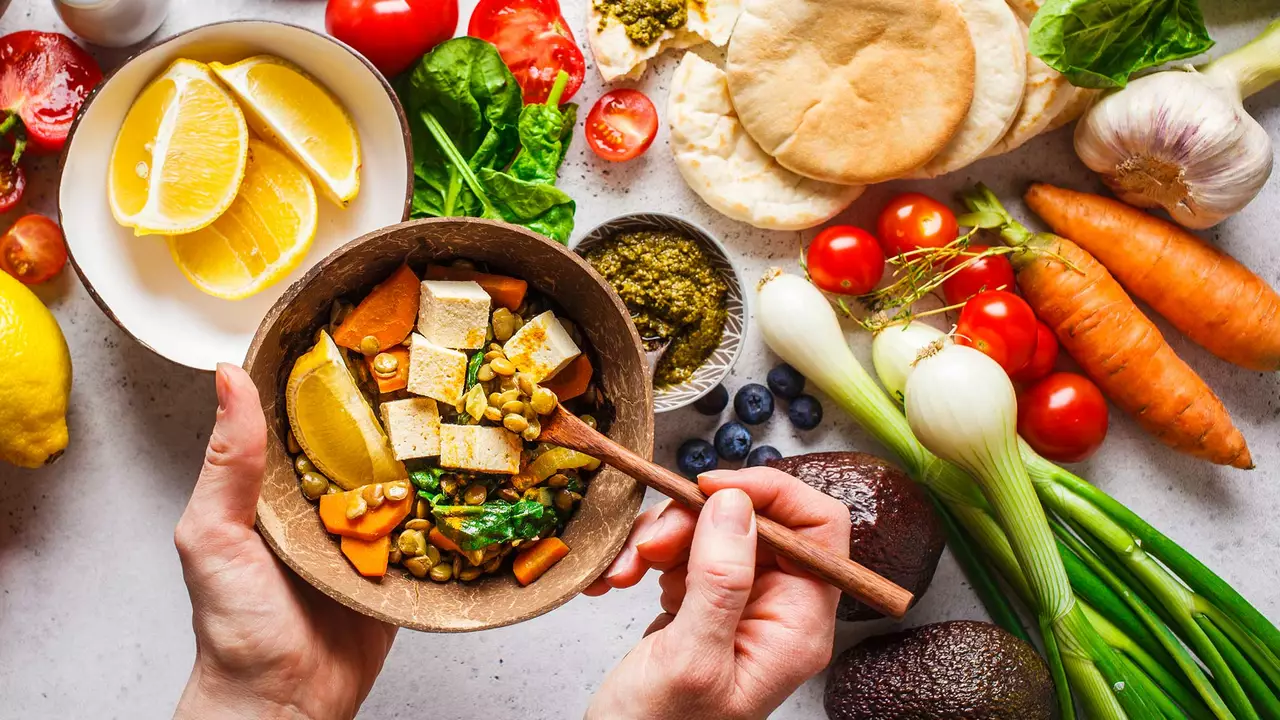Dietary Restrictions: What You Need to Know
If you’ve ever felt stuck at a restaurant or confused at the grocery aisle because of a food limitation, you’re not alone. Whether it’s a peanut allergy, a gluten‑free requirement, or a religious guideline, dietary restrictions affect millions of people every day. This guide breaks down the basics and gives you real‑world tricks to make eating well feel easy, not stressful.
Common Types of Dietary Restrictions
First, let’s sort out the most frequent reasons people avoid certain foods. Food allergies, like nuts or shellfish, trigger immune reactions that can be serious, so strict avoidance is a must. Intolerances, such as lactose or gluten, usually cause digestive upset but aren’t life‑threatening. Then there are health‑driven plans – think low‑sodium for hypertension or low‑carb for diabetes. Finally, cultural or religious choices, like halal, kosher, or vegetarian, shape what’s on the plate.
Knowing which category you fall into helps you target the right information. Allergy sufferers benefit from label‑reading skills, while those with intolerances might focus on substitution ideas. Health‑focused diets often require tracking macros or nutrients, and cultural diets rely on community recipes and trusted brands.
Practical Tips to Manage Your Diet
1. Read labels like a detective. In many countries, allergens must be highlighted on packaged foods. Look for terms like "may contain" or "processed in a facility that also handles…" and keep a cheat‑sheet of your triggers handy.
2. Plan ahead for meals outside the house. Scan restaurant menus online before you go. Many places now post allergen info or special diet symbols. If the info is vague, call ahead and ask specific questions – chefs appreciate the heads‑up.
3. Build a go‑to grocery list. Stock up on safe staples: frozen veggies, plain grains, canned beans (rinsed), and your favorite protein source. Having a solid base reduces the temptation to grab something risky when you’re hungry.
4. Use tech to stay organized. Apps that scan barcodes for allergens or track nutrient intake can save you minutes each day. Set reminders for medication or supplement doses if your restriction needs them.
5. Experiment with swaps. Craving crispy fries? Try baked sweet potato sticks. Want a creamy sauce without dairy? Blend soaked cashews or use coconut cream. Small changes keep meals exciting without breaking the rules.
6. Communicate clearly. When you’re at a friend’s house or a work event, let the host know your restriction ahead of time. Most people are happy to accommodate when they understand the need.
7. Keep an emergency kit. A pocket pack of antihistamines, an epinephrine auto‑injector (if prescribed), and a quick‑read card of your allergens can be a lifesaver. Store it where you’ll see it – your bag, car, or desk.
By turning these habits into routine, you’ll spend less time worrying and more time enjoying food. Remember, dietary restrictions are just another factor in the larger picture of health. With a little preparation and the right tools, you can eat confidently no matter where you are.
How difficult is it to be a vegan in India?
Being a vegan in India can be quite a challenge due to the country's rich and diverse culinary traditions, which heavily rely on dairy products. Although India boasts a wide array of vegetarian dishes, the concept of veganism is not as widely understood, resulting in potential miscommunications when dining out. Moreover, while finding fresh fruits and vegetables is easy, locating vegan alternatives to dairy products can be difficult, especially outside of major cities. However, with growing global influence and awareness, India is slowly adapting to the vegan lifestyle. In short, while it is certainly not a walk in the park, being a vegan in India is not impossible.
